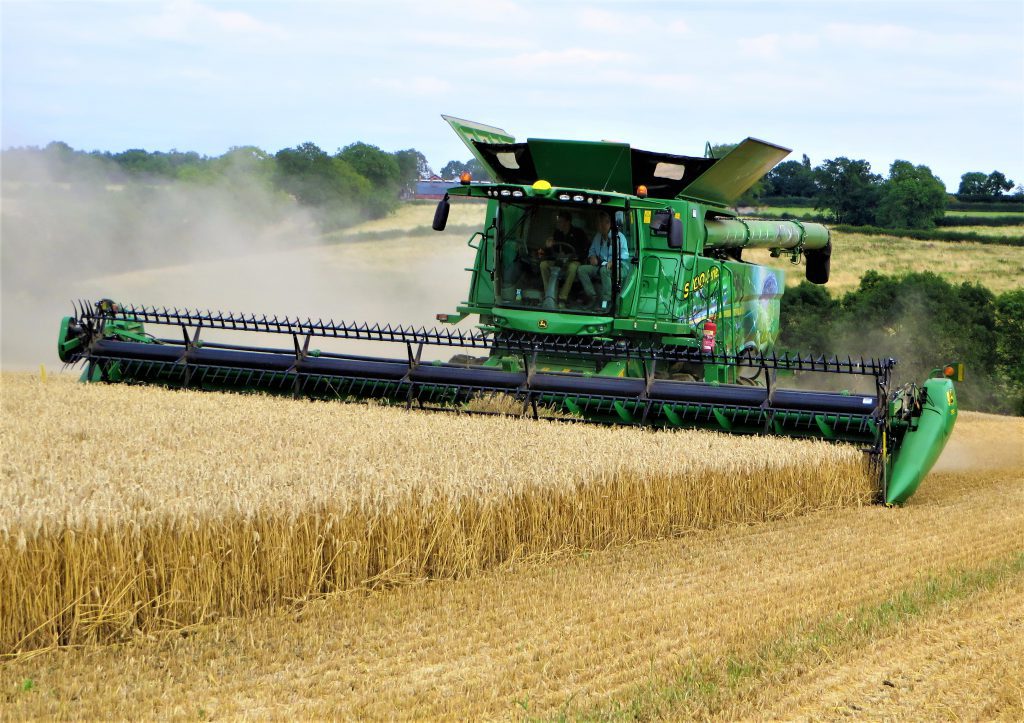Tillage farmers cannot tolerate grain buyers mentioning extra handling charges which will reduce their profits, the Irish Grain Growers’ Group (IGGG) has said.
Growers are losing enough money as it is having to harvest grain at moistures as low as 10-11% because of the heatwave, it added.
IGGG said that yield loss due to low moistures alone is having a negative impact on farmers’ bottom line.
It said that buyers should be considering how to reimburse farmers where grain driers barely have to be turned on, rather than applying extra charges.
IGGG claimed that some merchants have confirmed that they will not pass on such charges to grain suppliers; something the group wants to see “reflected across the board”.
“With weather events across Europe and other parts of the world ongoing there is the possibility that grain prices could strengthen as harvest 2022 prices are going to be finalised in the coming weeks .
“Every euro will be needed as we face into another growing season where costs will, at this point, be even greater than 2022,” IGGG said.

It was recently confirmed that Boortmalt will be imposing a €12.50/t drying and energy charge on malting barley growers this year.
The surcharge will be deducted from the final average Free-On-Board (FOB) Creil grain price which will be set in September; it will not apply to forward sold barley.
A moisture bonus of €3/t per point under 19.5% will apply to all barley supplied, while there will be a 50c/t bonus for each point on the kilogramme per hectolitre (KPH) scale above 64.
In other tillage news, Minister for Agriculture, Food and the Marine has announced today (Tuesday, August 16) that Ireland will notify the EU Commission of its intention to avail of a derogation for cereal farmers in relation to the crop diversification rules for 2023.
Charlie McConalogue said that this change will provide maximum flexibility for farmers regarding their planting decisions in the coming weeks and months.
The relaxation of these rules on derogation is part of the EU response to the Russian invasion of Ukraine.
It is aimed at addressing the heightened food-security concerns related to global food availability and affordability.
